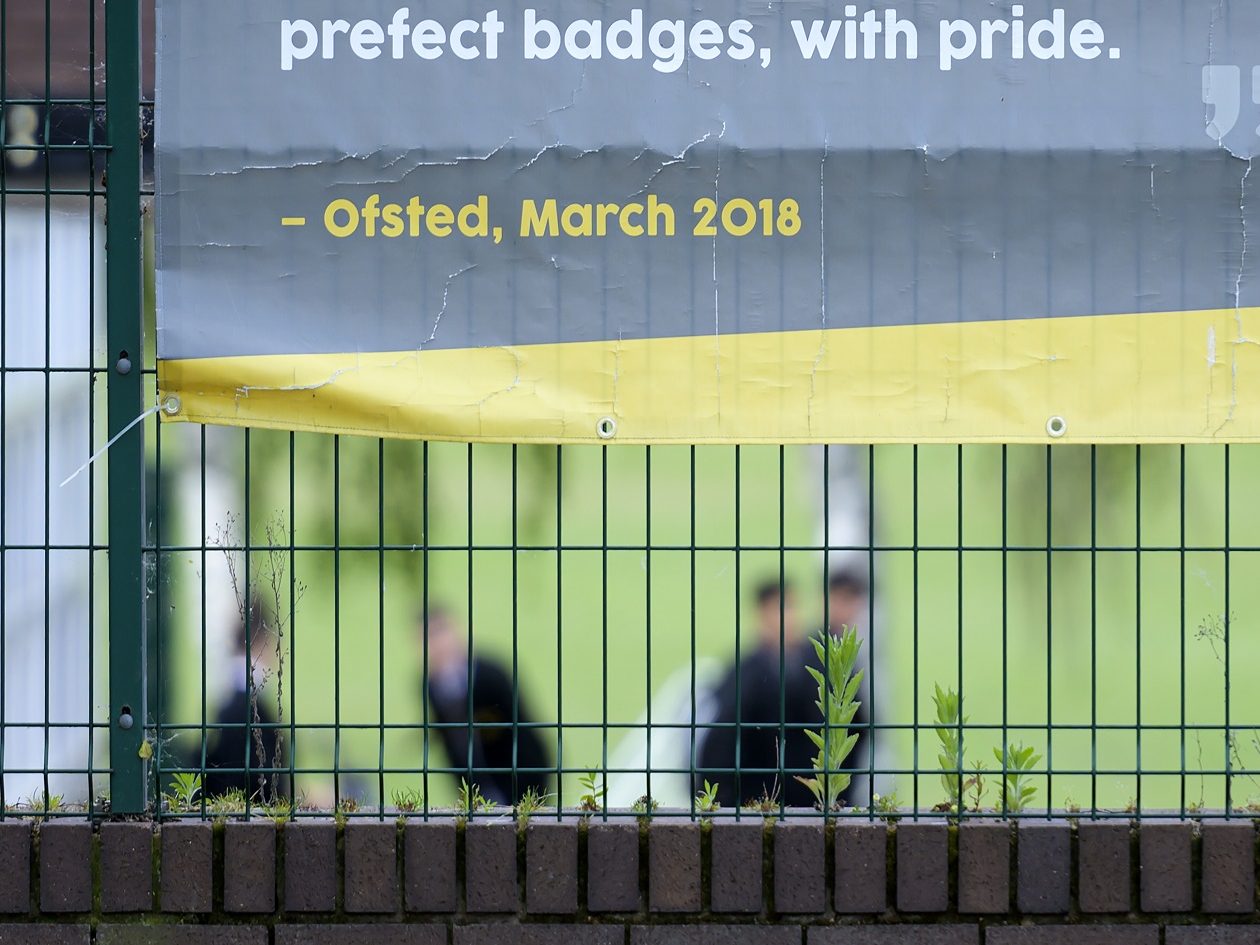A new study by Dr Nuno Braz for the ESRC Research Centre on Micro-Social Change has looked at the impact of different types of academies in England on pupils, beyond their academic performance at GCSE.
The study finds:
- Following conversion, converter academies enrol pupils with higher ability and a more advantaged background, whereas sponsor-led academies become slightly skewed towards low ability disadvantaged pupils.
- Attending a sponsor-led academy increases pupils’ self-esteem.
- Pupils at converter academies are more likely to study science and facilitating subjects at age 14.
- Pupils at converter academies improve decision-making skills
The academy policy in England
English academies are state-funded schools that are managed outside of local authority (LA) control and enjoy greater autonomy. ‘Sponsor-led’ academies were introduced by the Labour government in 2002 to target underperforming schools, but the programme was vastly expanded after the coalition government introduced ‘converter’ academies in 2010. Sponsor-led academies are forced to convert under an external sponsor whereas converter academies voluntarily apply for academy status.
The academy policy aims to foster an innovative school-led system through school competition and parental choice. Autonomous schools are supposed to better understand pupils’ needs and make decisions that meet their preferences and improve performance so to attract pupils and funding. Similar reforms are found in the United States (charter schools) and Sweden (free schools).
This research looks beyond exams
While most of the empirical literature on academies focuses on exam performance, this research evaluates the impact of academy conversion on a wider range of outcomes – highlighting wider consequences of school autonomy.
Indeed, league tables and school competition might draw academies to ‘rote’ teaching focused on exam preparation, neglecting problem-solving skills, social skills, mental health, and self-esteem. Thus, this research aims to address the following questions. Are pupils at academies developing key social and problem-solving skills? Is a learning environment focused on exam performance leading to increased pupil anxiety at academies? Is there an effect on pupils’ mental health and wellbeing?
Furthermore, schools might offer different pathways to pupils from different socioeconomic backgrounds, entering them for qualifications likely to improve school ranking scores but limiting future opportunities for children. This study asks whether school counselling and the curriculum offer at academies limit subject choices, requiring pupils to study certain subjects and preventing them from taking others.
Read our MiSoC Explainer here
